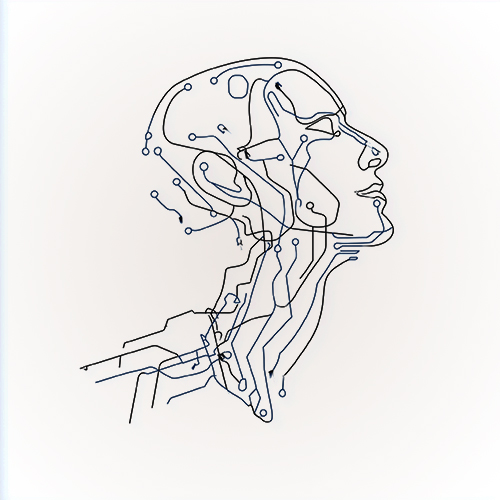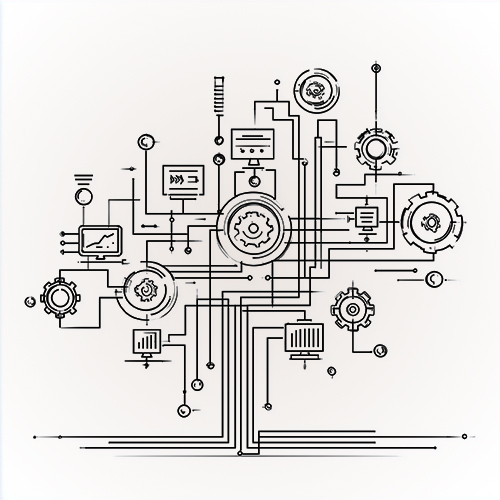Who is the report for?
This report is especially valuable for:
- Senior executives. Strategic-level insights to assess your organization's current change capability, benchmark it against national data, and identify key development areas to support long-term renewal.
- Transformation and change program leaders. Practical insights to strengthen execution, improve coordination, and deliver better results from change initiatives.
- People leaders. Clear guidance on the evolving roles of managers in a change-capable organization. Understand what’s expected in leading change, and what kind of support structures are needed to succeed.





